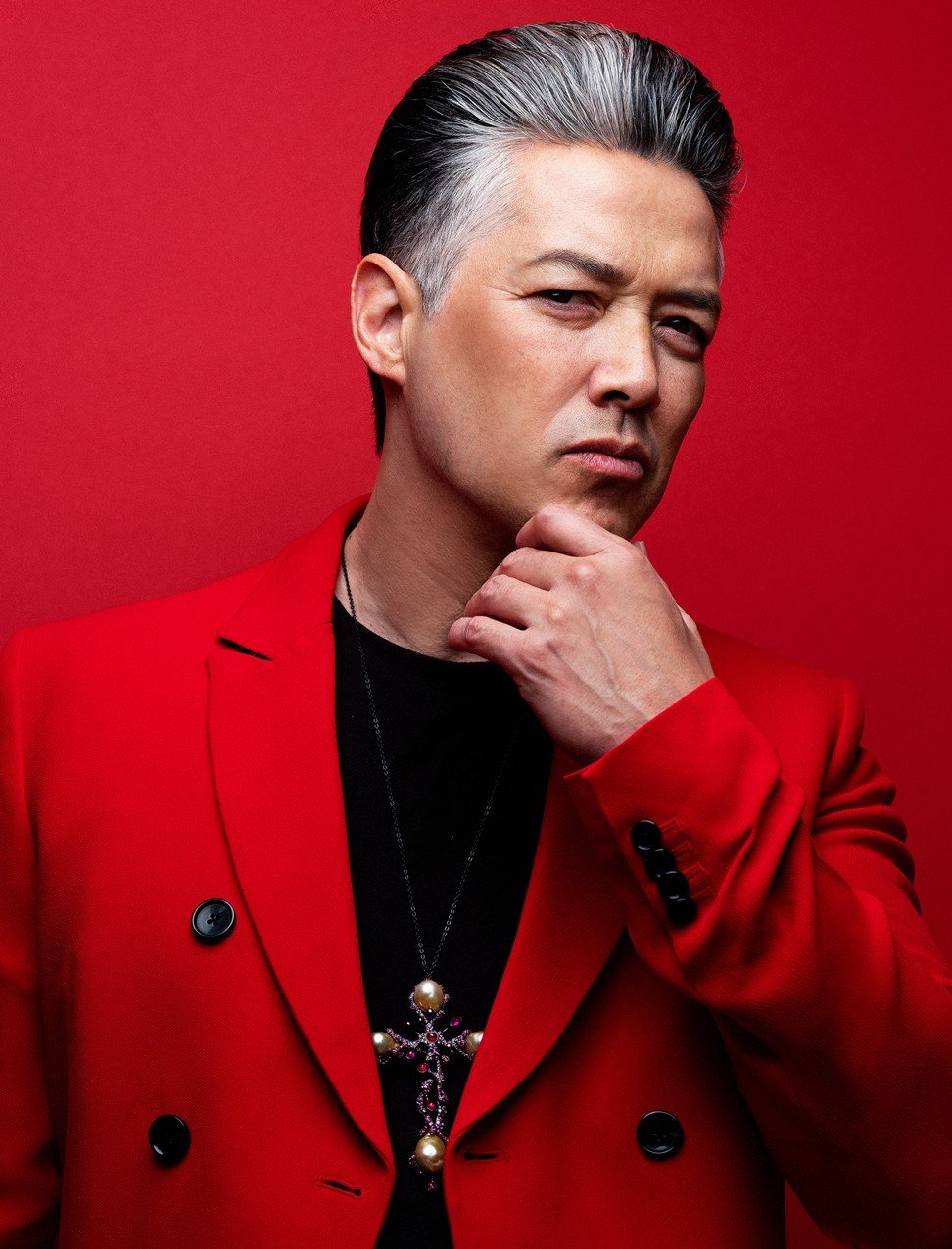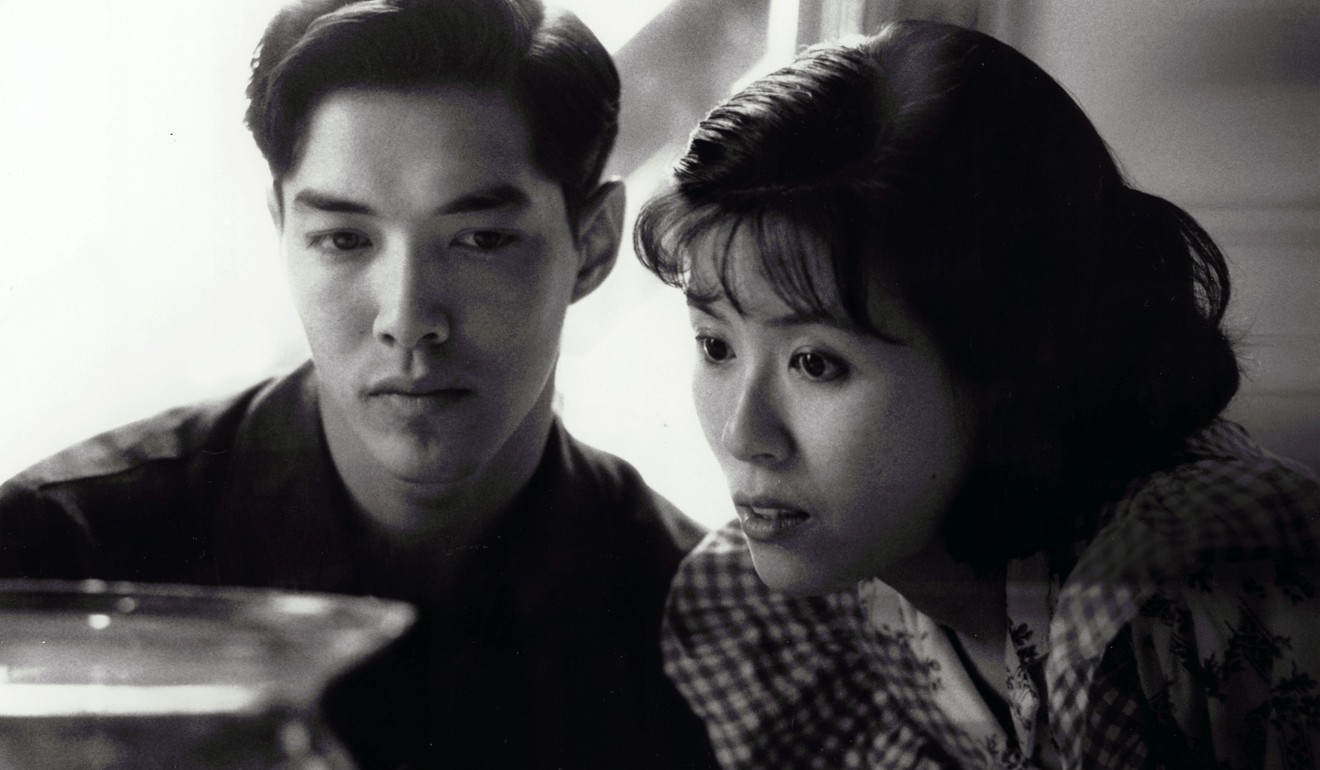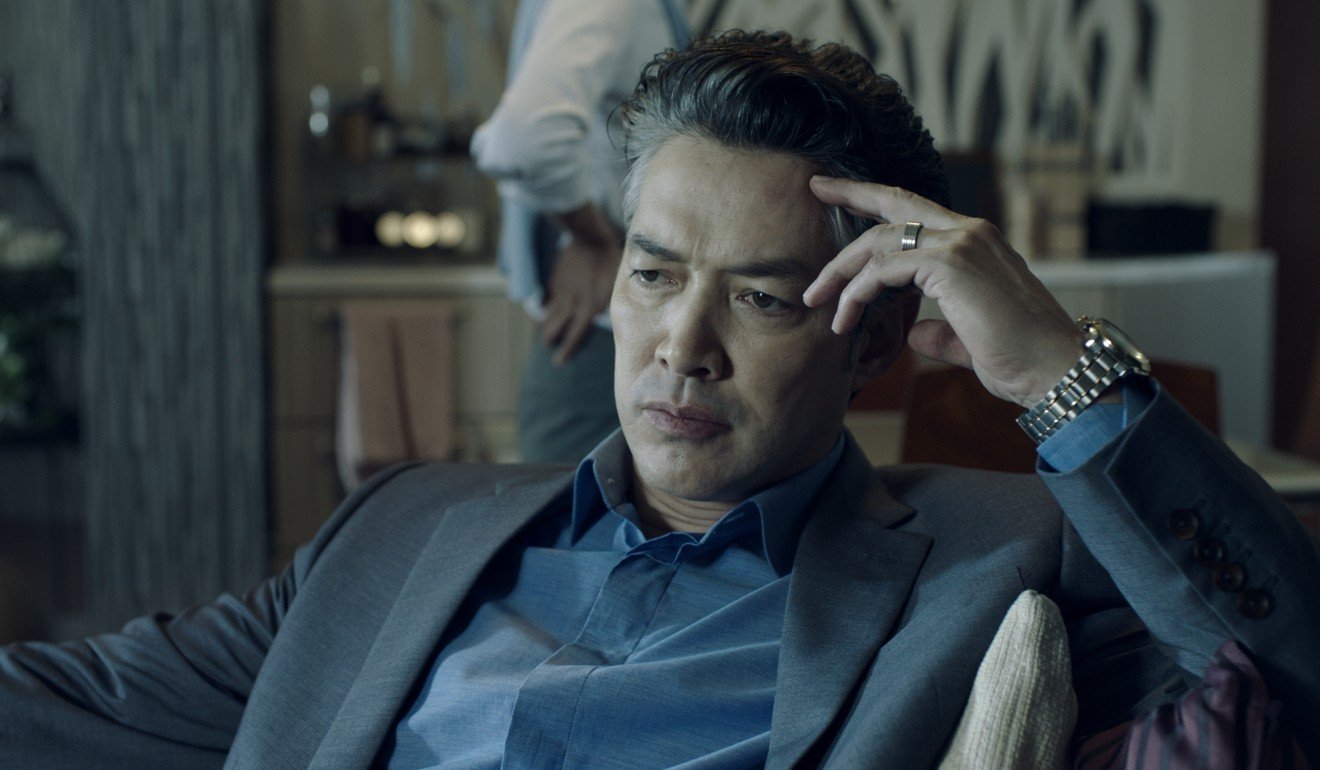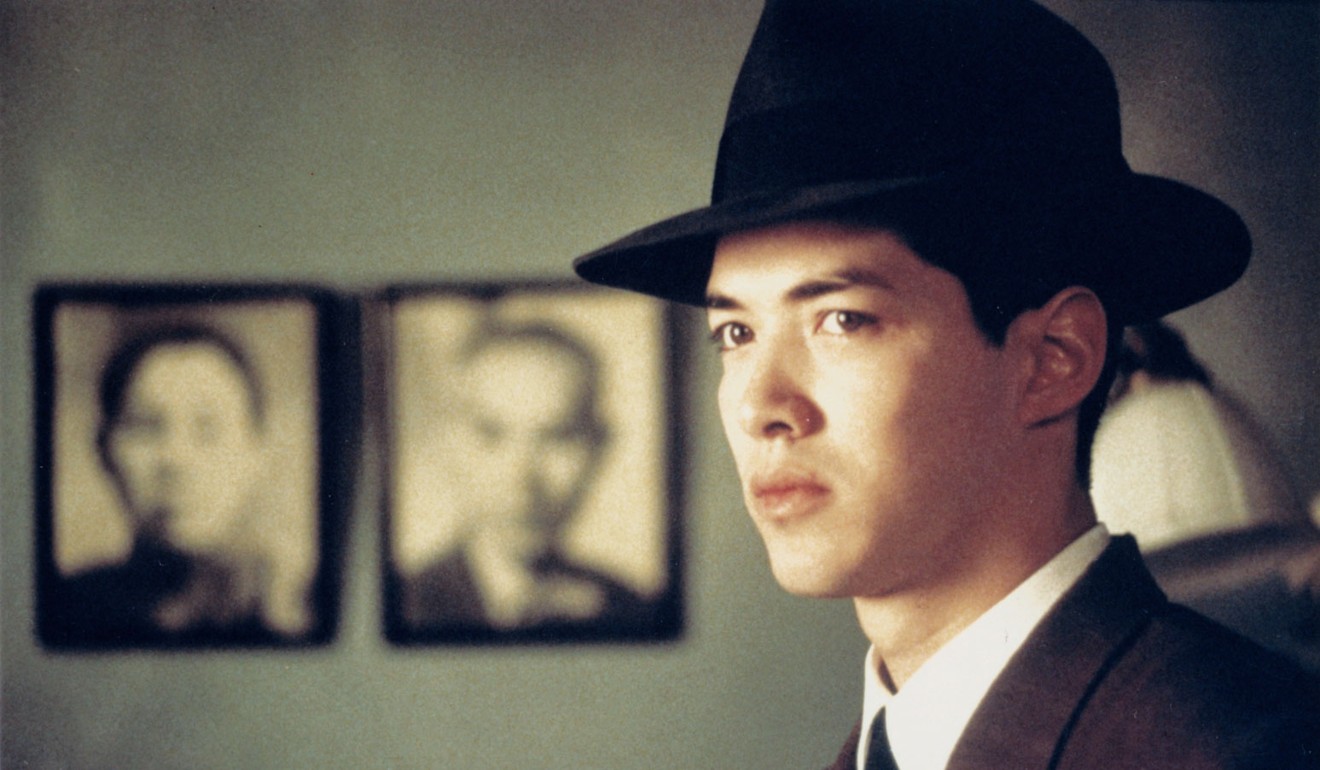
No Crazy Rich Asians without The Joy Luck Club – Russell Wong on how 1993 film opened door for Asian actors
- Wong is known for Hong Kong martial arts and action films, Chinese blockbusters and TV and film in America
- He talks about breaking down barriers in Hollywood, his success in Asia and the new film he’s written – a crime thriller that’s ‘like Taken meets Her’
Russell Wong has a Hollywood face: preternaturally youthful, symmetrical, attention-demanding in its handsomeness. Wong isn’t just famous, he looks famous – within minutes of sitting down at the Jewish deli on the outskirts of Los Angeles where we conducted this interview, a fan approached him begging for an autograph.
Wong has managed the tricky and enviable job of attaining celebrity in three separate markets: he has appeared in Hong Kong action and martial arts films, he is an increasingly dependable star in blockbusters being made in China, and a well known presence on screens big and small in America, a country he calls – albeit sometimes reluctantly – home.

Now 56, Wong was one of the boundary-busting Asian-American actors of modern Hollywood. Appearing in trailblazing Asian-American roles, Wong and his peers were instrumental in breaking down barriers and setting the foundation for what today is being hailed as a tipping point in representation of Asians in American film and television.
As anyone working in either film would attest: without The Joy Luck Club, there could never have been a Crazy Rich Asians, the 2018 summer box office hit that earned two Golden Globe nominations.
“The Joy Luck Club was the big breakthrough, but no, there was no category that film was nominated for in the Academy Awards and none of us even went to the Academy Awards at that time and that was 25 years ago,” the actor recalls.
“But now you see everyone at the Academy Awards like it’s a normal thing! I’m glad for them, it’s a breakthrough but it took 25 years.”
Today, instead of waiting for the right vehicle to showcase his talents, Wong has decided to create it himself.
That film is Father’s Day, and director Quentin Lee and Hong Kong-based producer Michael J. Werner are already on board the project. Shooting is scheduled to start in November in Hong Kong.
The story is all Wong’s – a tale of a computer genius who is kidnapped for her expertise in artificial intelligence, leaving her technologically challenged father to track her down using only her phone.
“The idea is not original,” says Wong laughing. “It’s kind of like Taken with Liam Neeson meets Her.”

Like Wong, the film will straddle two worlds, the action starting in New York but mostly taking place in Hong Kong. He balks at the notion that he wrote this film as a way to highlight Asian-American talent.
“I want good actors. I want good people involved,” says Wong. “Obviously, we’re going to have some Asian actors involved [but] … It doesn’t matter. As long as it serves the story and serves the script and they’re talented.”
Wong’s story is, in many ways, a typical American story – as typical as any film star’s story can be. And like many Asian-American stories, his is defined by hard work, discrimination, and ultimately a triumph over adversity.
Wong was born in 1963, in Troy, along the banks of the Hudson River in upstate New York.
The sixth of seven children, Wong’s father was a local restaurateur, and his mother the Dutch-American artist Connie Van Yserloo. His parents divorced when Wong was still young, and at the tender age of seven, he followed his mother west to California.

He attended Santa Monica College, a popular choice for artists and actors, and the alma mater of James Dean, and Arnold Schwarzenegger, among many other Hollywood luminaries. There he danced, and took acting classes, and practised martial arts.
Then in 1993, after a string of supporting roles playing stock Chinese characters – “It was very stereotypical I guess: martial arts roles, the gangster roles” – Wong triumphed as the villainous abuser Lin-Xiao in The Joy Luck Club.
Two years later, he was able to parlay that success into a lead role in Vanishing Son, a political crime drama that boasts an ardent cult following to this day. He has since appeared in numerous US TV shows including Grace , Lucifer and Supergirl.
Now Wong is slated to appear in two episodes of the HBO hit Westworld, in its much-anticipated third season.

If there is a statement the actor wants to make in Father’s Day it is not about racism in Hollywood, but sexism.
“In Father’s Day, I really want to make the daughter a very strong character. In a lot of these films, the daughter is put into some sex trade thing, but in this film my daughter is a genius,” says Wong, who has a daughter in real life.
“They want her for her brains. She’s savvy. She’s not a victim.:
His new project seems to have given Wong a new lease on life. He seems hopeful and freshly excited as an actor and filmmaker. He may have had his frustrations with Los Angeles over the years, but that’s been to a degree compensated by his success in Asia.
Here he maintained a large fan base, and in films like Snow Flower and the Secret Fan (2011), The Jade Pendant (2017), and Forever Young (2018) he was routinely cast alongside Asia’s biggest stars – actors such as Andy Lau, Gong Li, Zhang Ziyi and Li Bingbing.
“Thank God for Asia and starting out in Hong Kong first,” says Wong. “If my career was just here [in Hollywood] I’d have to do something else.”

